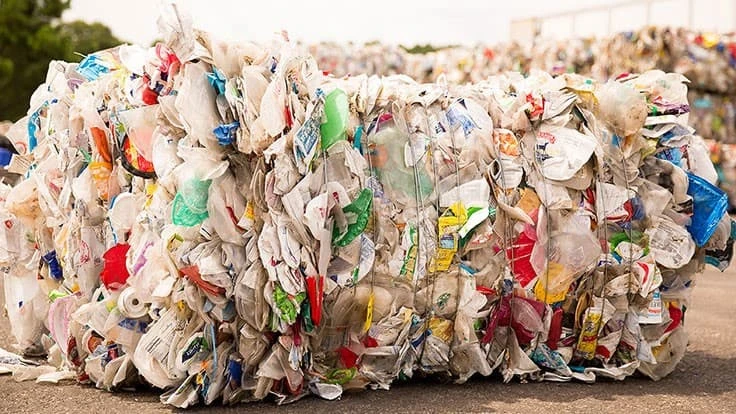
Packaging producer Berry says it will break ground in September on a new polypropylene (PP) recycling facility in Leamington, United Kingdom, that it says will produce food-grade materials with a target purity standard of 99.9 percent. The new facility will be housed in a purpose-built, net-zero carbon, centrally located 13,000-square-meter, or 139,931-square-foot facility, offsetting CO2 emissions with local tree planting.
CleanStream is Berry’s proprietary process to mechanically process PP back into consumer packaging. This facility will use automated sorting processes, integrating online sensor technologies and machine learning algorithms to separate PP containers, tubs and trays.
This investment is complementary to Berry’s previous work in securing circular resins through advanced recycling and its buying power, the company says.
The team at Berry, which is headquartered in Evansville, Indiana, has conducted an initial life cycle assessment quantifying the benefits of its proposed recycled polypropylene (rPP) process over the use of virgin PP. The material produced through the CleanStream process has an 80 percent lower CO2 footprint than virgin resin. Packaging produced from this rPP material will result in 35 percent less CO2 emissions, require 50 percent less water consumption, result in 60 percent less acidification and reduce fossil fuel resource use by 90 percent, according to the company.
Latest from Recycling Today
- BMW Group, Encory launch 'direct recycling’ of batteries
- Loom Carbon, RTI International partner to scale textile recycling technology
- Goodwill Industries of West Michigan, American Glass Mosaics partner to divert glass from landfill
- CARI forms federal advocacy partnership
- Monthly packaging papers shipments down in November
- STEEL Act aims to enhance trade enforcement to prevent dumping of steel in the US
- San Francisco schools introduce compostable lunch trays
- Aduro graduates from Shell GameChanger program





